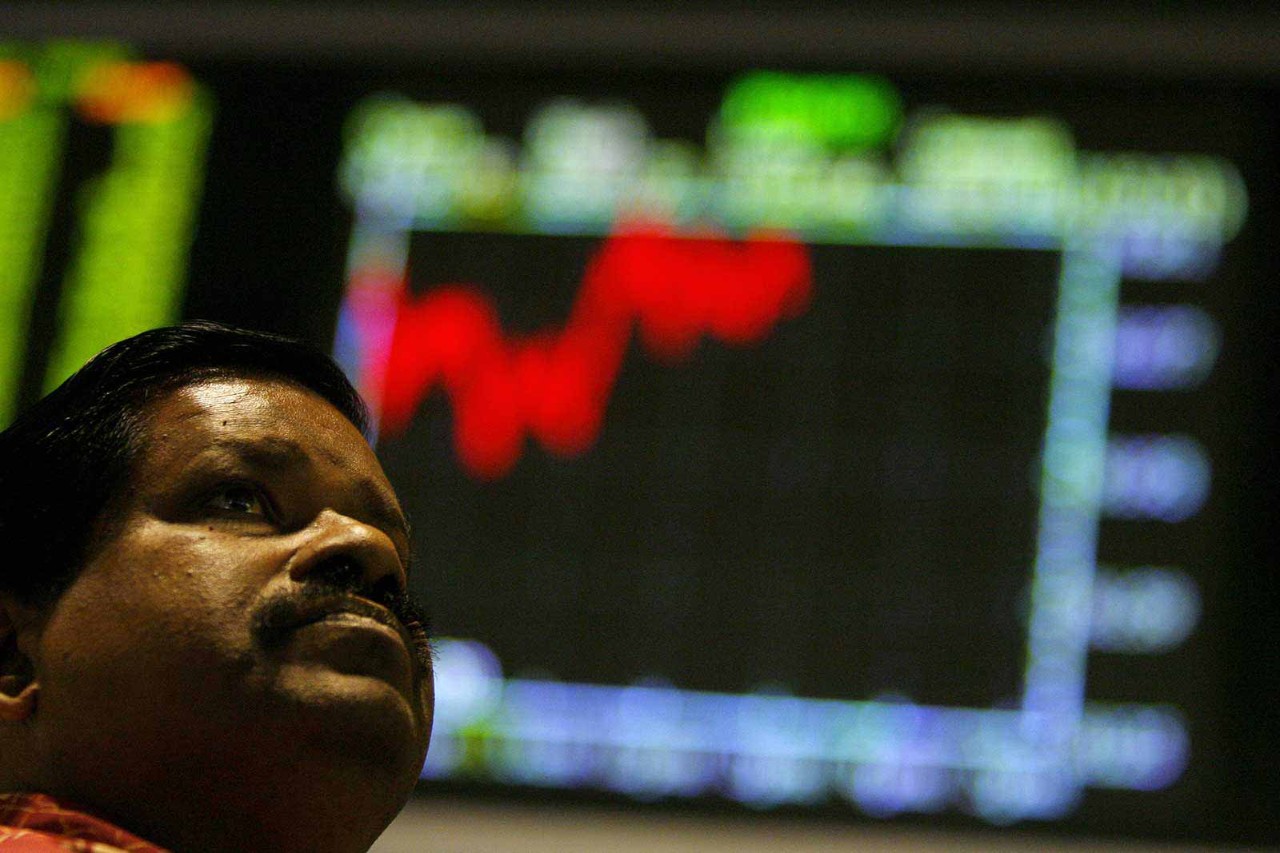
Vietnam’s economic ascent brings new opportunities and challenges for its businesses, of all sizes. Among them, environmental, social, governance (ESG) and sustainability matters are becoming increasingly crucial, as a recent forum in Ho Chi Minh City on promoting sustainable business highlighted.
Strong commitment to high-quality ESG standards are crucial to the participation of Vietnamese companies in the global value chain and international markets, where sustainability is gaining increasing attention from the public sector, investors and consumers. ESG is also relevant for SMEs that operate domestically, after Vietnam pledged to achieve net-zero emissions by 2050 at the COP26 climate summit in Glasgow in 2021, and the government has ambitious plans to expand the country’s renewable energy capacity.
Ren Varma, head of mainland South-East Asia at ACCA, left attendees at the event in no doubt about the consequences for their businesses of ESG failure. He told the forum: ‘If a company isn’t working on sustainability, people don’t want to trade with them or work for them, and society withdraws the moral licence for them to even operate.’
‘For Vietnamese businesses to integrate into global supply chains, their ESG reporting must be trusted’

Co-organised by ACCA, along with the British Consulate General and the British Chamber of Commerce in Vietnam, on 27 July, the forum brought together more than 300 participants from diverse private sector fields to explore the ESG landscape and the opportunities it offers.
The business role
The COP26 goals are being pursued through substantial collaboration between the governments of the UK and Vietnam, according to Emily Hamblin, who serves as both the British Consul General in Ho Chi Minh City and the UK Department for Business and Trade’s director in Vietnam. She also emphasised the importance of the private sector’s contribution to the climate agenda.
‘We know that in order for Vietnamese businesses to engage meaningfully in the international business environment, to integrate into global supply chains, to compete globally, and also to access international finance, it’s essential that ESG reporting is transparent, and that it’s consistent, and that people can have trust in it, and that the right governance structures are in place to guarantee business integrity,’ she said.
‘The role that the professional accountant can play, and the profession as a whole, is hugely significant’
Sustainability champion
Since 2013, ACCA has supported the Vietnam Sustainability Reporting Award (SRA). Part of the annual Vietnam Listed Companies Awards hosted by the State Securities Commission and the country’s stock exchanges, the SRA celebrates listed companies that provide quality ESG reporting based on international standardised criteria.
As part of the SRA’s ongoing programme of activities, ACCA also provides training on sustainability reporting and best practices.
In addition, ACCA was instrumental in pushing for sustainability reporting for listed companies to become mandatory in the country; this was implemented in 2020.
In her keynote remarks, Helen Brand, chief executive of ACCA, discussed the Vietnam Listed Company Awards (VLCA) – a major annual event that recognises and honours the best-performing companies on the two stock exchanges in Vietnam – and its growing focus on ESG compliance through awards for corporate governance and sustainability.
‘Over the years, ACCA has been supporting the VLCA as a strategic partner together with the International Finance Corporation – World Bank Group. We contribute to the VLCA by providing expertise and insights on the evaluation process, as well as promoting the awards to our network of members and stakeholders in Vietnam and beyond,’ Brand said. ‘ACCA believes that the VLCA is a valuable platform to recognise and showcase the achievements and potential of Vietnamese businesses, as well as to encourage them to adopt high-quality international ESG reporting standards and best practices in accounting and finance.’
Brand also took part in a panel discussion on a range of ESG-related topics at both the international and national levels. ‘ACCA sees a need to play a part in the entire sustainability movement,’ she said. ‘And the role that the professional accountant can play, and the profession as a whole, is hugely significant.’
Data divide
The profession’s role is particularly important in assuring ESG compliance, which is built on data and reporting, as Faiz Mulla, sustainability technical specialist at IBM, and Federico Fontolan, regional business development manager at Crif D&B – a leading provider of business information, analytics and insights for the global market – both pointed out.
‘Data is the foundation, and you need it to understand where your ambitions lie. But for SMEs, that’s going to be a big challenge,’ Mulla said. ‘A lot of governments are wondering how they can get SMEs on the bandwagon. Large corporations like us, we have the capital and the manpower to do ESG, but how will small businesses figure out the data aspect?’
‘It’s important to get everyone on board, otherwise we will not be able to achieve international climate targets’

He suggested that small businesses start with small steps, such as digitally managing utility bills, to gain a better understanding of their impact and areas of potential improvement.
‘Once they get the hang of it, everything else will flow, which is key, as most of what we’re seeing is large organisations with capital,’ he explained. ‘It’s important to collectively get everyone on board, otherwise we will not be able to achieve international climate targets.’
Fontolan described what this data journey looks like from the perspective of a credit ratings agency. ‘If you tell me that you have a certain amount of water consumption, please upload the bill; if you’re telling me that you have certification, please upload the certification,’ he said. ‘These are the types of checks that you can put in place.’
Selling ESG to SMEs
Before worrying about assurance, ESG initiatives need to gain support from the stakeholders. This requires a clear and compelling business case. Dominic Scriven, founder and chairman of Dragon Capital, reflected on his experience as a long-time investor in Vietnam in advising businesses to strengthen their ESG approach.
‘This is difficult and very complex,’ he said. ‘The first step is that the top of an organisation, whether that is the owners or the board, needs to sit down and work out what’s important and where they want to be on ESG.’
This push from within, Scriven argued, is crucial, since a business that doesn’t take ESG seriously can always find ways to ignore regulations or get around them.
Ton That Hac Minh, sustainability manager at Motul Asia Pacific, provided further insight from the business side. He warned: ‘The sustainability journey depends on a company deciding what kind of approach they want to take, but if you bring in something very high-level, they may be overwhelmed and give up.’
His advice was that the tangible benefits of ESG need to be stressed for SMEs. ‘We need to talk about cost saving with ESG, since this is easy to understand, especially for small businesses,’ he said. ‘By saving power, for example, you’re saving absolute money on a bill.’




